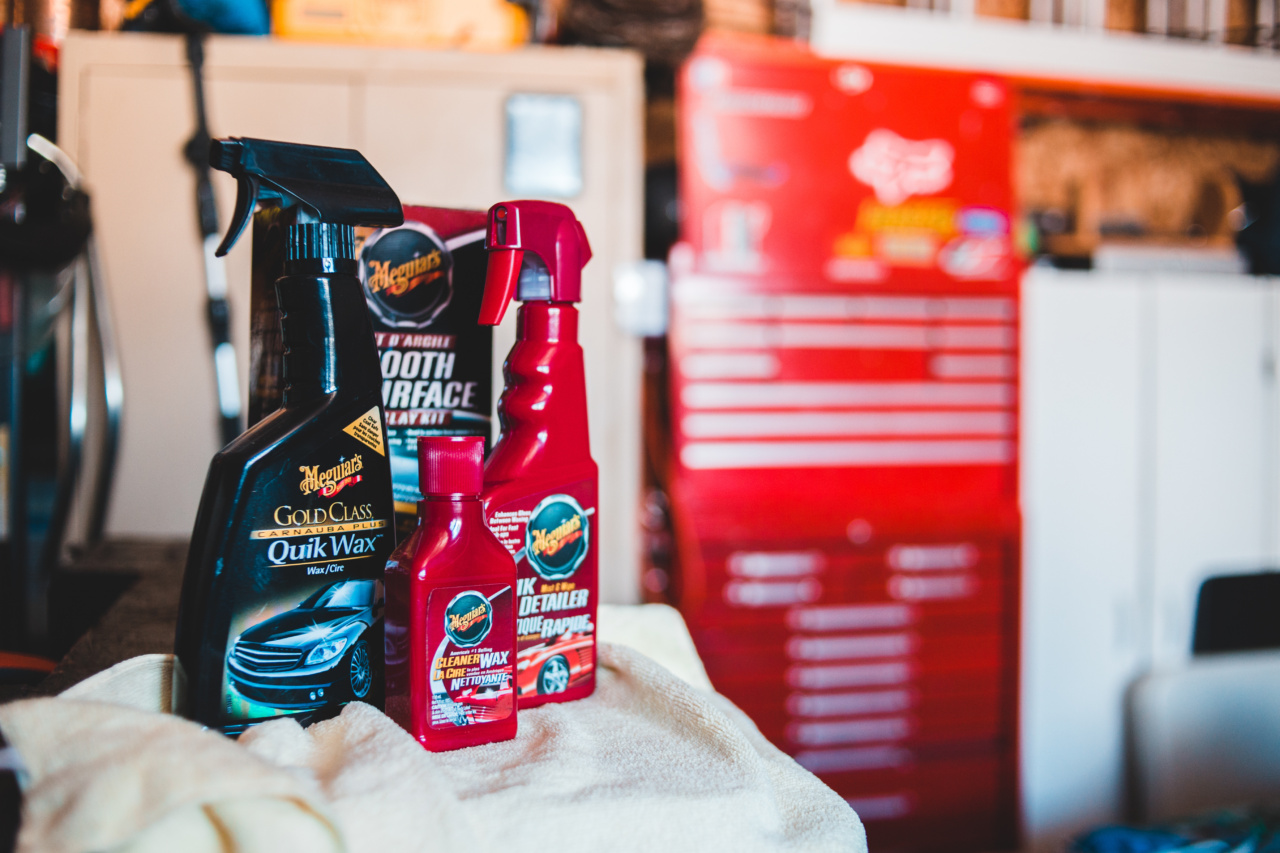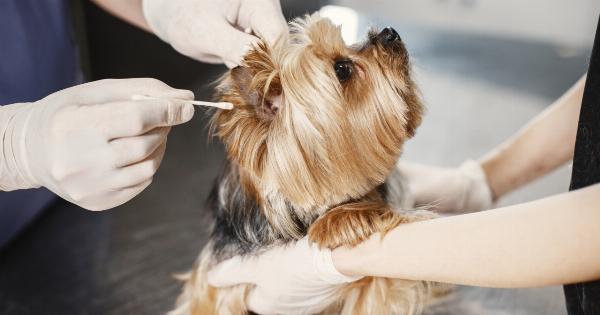Earwax, also known as cerumen, is a naturally occurring substance that helps to protect and lubricate the ears. However, an excessive buildup of earwax can lead to discomfort, hearing problems, and even infections.
To keep your ears clear of wax and maintain optimal ear health, follow these tips:.
1. Avoid using cotton swabs
One common mistake people make when trying to remove earwax is using cotton swabs. While they may seem like a convenient solution, swabbing your ears with cotton buds can push the wax deeper into the ear canal and cause more harm than good.
Instead, opt for safer alternatives for wax removal.
2. Try eardrops
Eardrops are an effective way to soften and loosen earwax, making it easier for it to naturally work its way out of the ear. You can find over-the-counter eardrops specifically designed for earwax removal at your local pharmacy.
Follow the instructions on the packaging carefully.
3. Rinse your ears with saline solution
Saline solution is a natural and gentle way to flush out earwax. Mix equal parts of warm water and salt to create a saline solution. Use a bulb syringe or a specially-designed ear irrigation kit to gently squirt the solution into your ear.
Tilt your head to the side to allow the solution to drain out, taking any excess earwax along with it.
4. Use mineral oil or baby oil
Mineral oil or baby oil can be used to soften earwax before removal. Apply a few drops of oil into your ear using a dropper or a clean cotton ball. Lie down on one side for a few minutes to allow the oil to work its way into the ear canal.
Then, tilt your head to the side to let the oil drain out along with the softened earwax.
5. Consider irrigation by a healthcare professional
If home remedies don’t alleviate the problem or if you’re experiencing severe symptoms such as pain, decreased hearing, or a feeling of fullness in your ears, it may be time to consult a healthcare professional.
They may recommend ear irrigation, a procedure that uses a syringe or a specialized irrigation device to flush out the wax under controlled conditions.
6. Avoid using ear candles
Despite their popularity in alternative medicine, there is no scientific evidence to support the effectiveness of ear candles in removing earwax. Moreover, ear candling carries the risk of burns, injury, and even punctured eardrums.
It’s best to avoid this practice and opt for more reliable methods.
7. Keep your ears dry
Moisture can increase the likelihood of earwax buildup and the risk of developing an ear infection. After swimming or showering, be sure to thoroughly dry your ears with a soft towel or a hairdryer on a low setting.
Tilt your head to the side to allow any excess water to drain out.
8. Avoid inserting foreign objects into your ears
It can be tempting to use various objects like bobby pins or paper clips to clean your ears, but this is dangerous and can lead to injury or an ear infection.
Your ears have a self-cleaning mechanism, and inserting anything into your ear canal disrupts this process. Stick to safe methods like those mentioned above.
9. Regularly clean your earbuds and hearing aids
If you use earbuds or hearing aids regularly, cleaning them regularly is essential to prevent wax buildup. Wipe them clean with a soft cloth or use a specialized cleaning solution recommended by the manufacturer.
Proper hygiene of these devices can go a long way in maintaining clear ears.
10. Know when to seek professional help
If you experience persistent earwax buildup, recurring ear infections, or any unusual symptoms in your ears, it’s crucial to seek medical help.
A healthcare professional can examine your ears, provide the necessary treatment, and discuss any underlying conditions that may contribute to excessive earwax production.






























